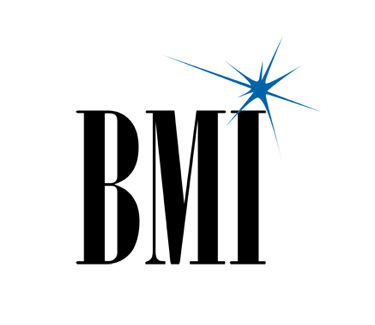Radio Industry Strikes Interim Licensing Deal With BMI.
Story by Inside Radio

The Radio Music License Committee says it has reached an interim licensing agreement with Broadcast Music Inc. (BMI) while it works on a long-term deal with the performance rights organization. The radio industry’s previous deal covering 2017 to 2021 expired at the end of December, but the interim deal will keep those terms in place for the time being.
“The interim license effectively rolls over the terms of the expired license until the parties negotiate a new agreement,” the RMLC tells broadcasters. “Once a new license is reached, either through negotiation or court adjudication, the interim license fees may be retroactively adjusted to reflect the new license terms and rate.”
That could mean stations will be due a refund if a lower rate is set or owe BMI additional money if rates go up. The RMLC also advised stations to submit their 2021 revenue reports to BMI as they have done in the past.
The now-expired deal with BMI that was finalized in 2020 required stations to pay 1.78% of their annual gross revenue for on-air spins, less a standard deduction of 12%. BMI also allowed talk stations that use little music to legally use its catalogue for things like bumpers in and out of talk shows. The base rate was 0.31% of the station’s revenue, minus the same rate of deductions as music stations. And while BMI offered a single license to cover all digital platforms, the now-expired arrangement offered a 30% revenue deduction which was five percent higher than the prior agreement.
One complication in the latest round of negotiations could be a potential sale of BMI. The performance rights organization has hired Goldman Sachs to explore strategic opportunities, including a merger or a financial restructuring. “While it’s too early to speculate on what might happen, we’re looking at all our options as long as they advance this mission,” BMI President/CEO Mike O’Neill wrote in an email to staff last month.
The radio industry’s previous negotiations with BMI offered something both sides could see as a victory. While rates went up from the prior deal, there were also concessions for digital and smart speaker music use. It also increased the size of the deduction applied to digital revenue to as much as 30% or five points higher than the cap under the prior license.
But the back and forth could be tougher this time. The RMLC’s settlement with Global Music Rights could impact the terms that broadcasters seek from its more established rivals. Terms of the settlement have not been made public, but the two sides said they reflect “changes in the licensing landscape” during the past five years, including “growth” in GMR’s talent roster. To offset the higher fees radio is paying to GMR for that bigger share, the industry may look to cut what it pays to ASCAP or BMI.
Radio’s licensing agreement with ASCAP also expired at the end of 2021, and the RMLC previously announced that it had reached an interim licensing agreement with ASCAP. Similar to the BMI arrangement, it keeps in place the rate structure in the previous deal.

0 Comments:
Post a Comment
Subscribe to Post Comments [Atom]
<< Home